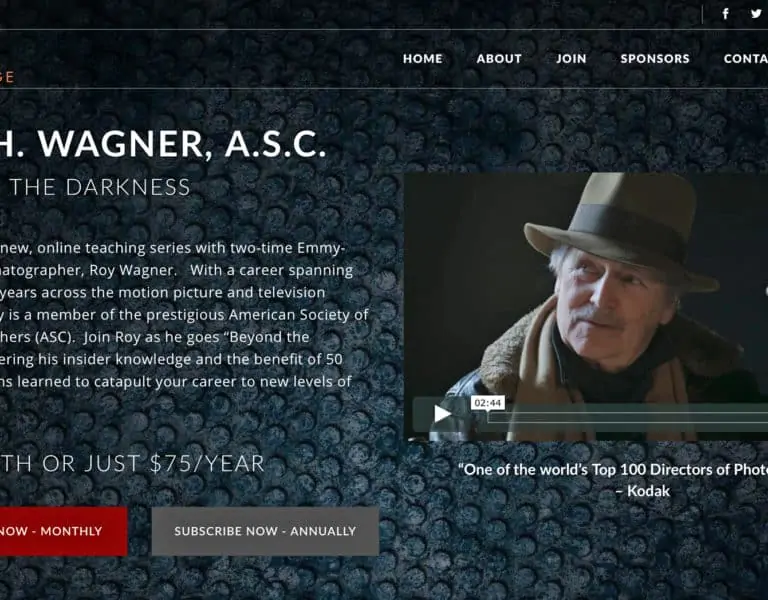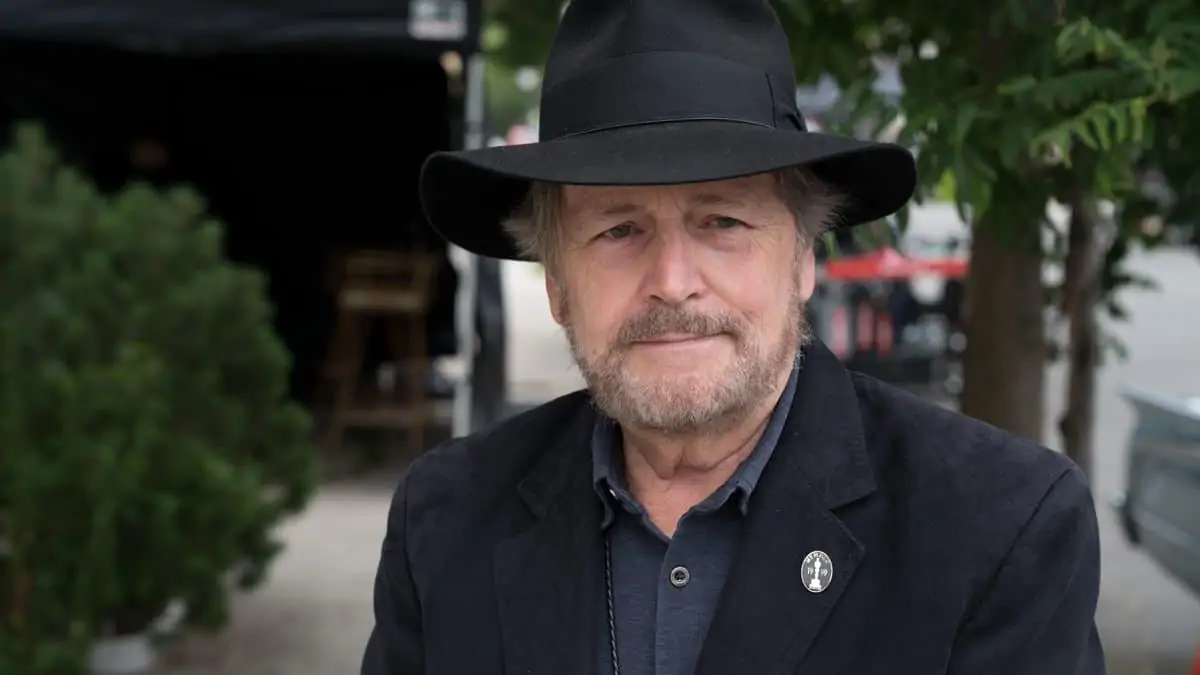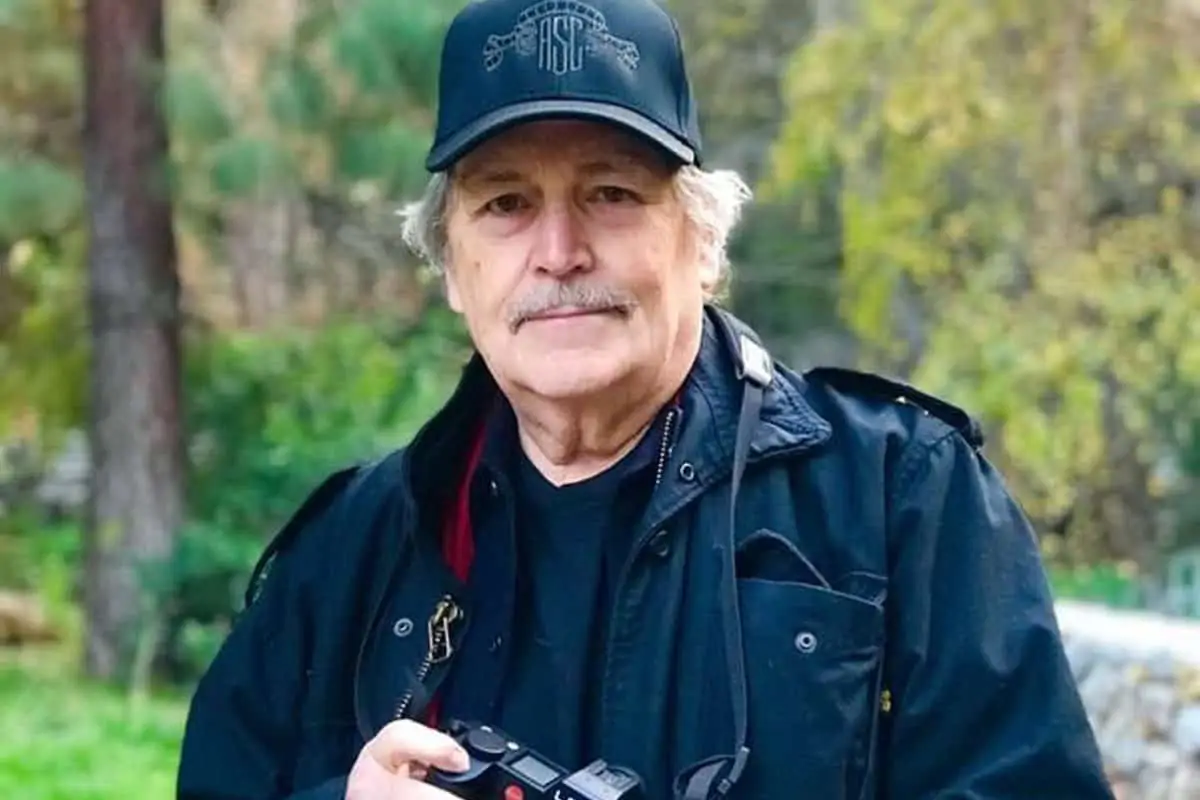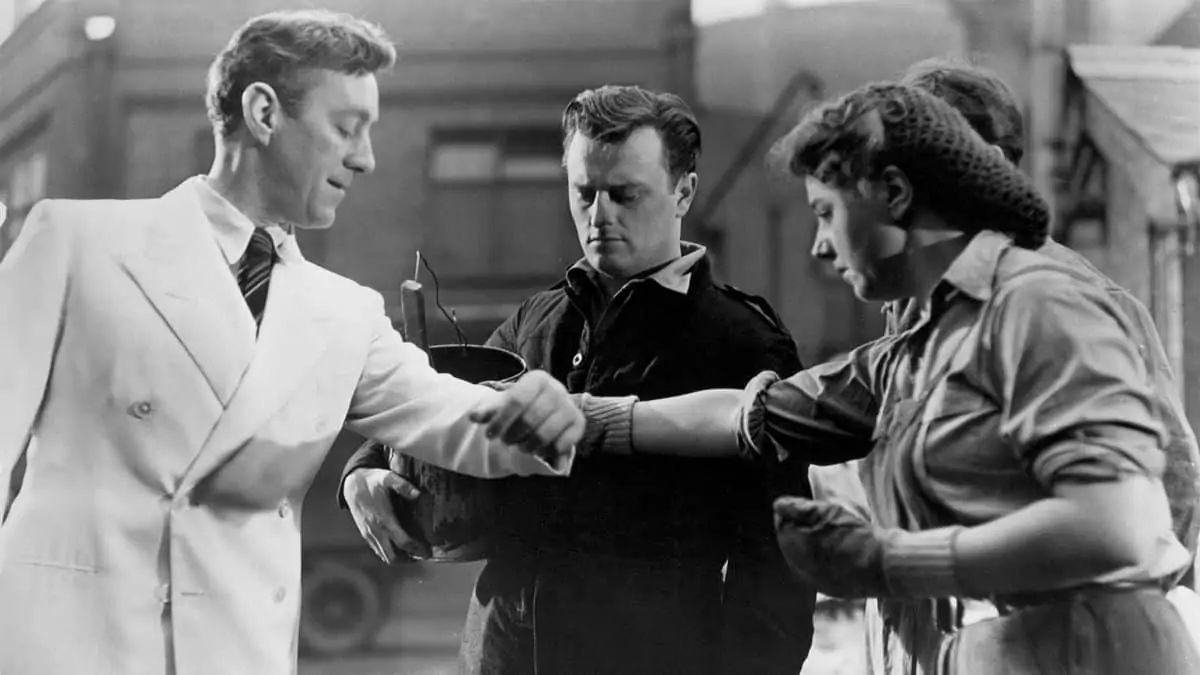Community Spirit
Letter From America / Roy H Wagner ASC
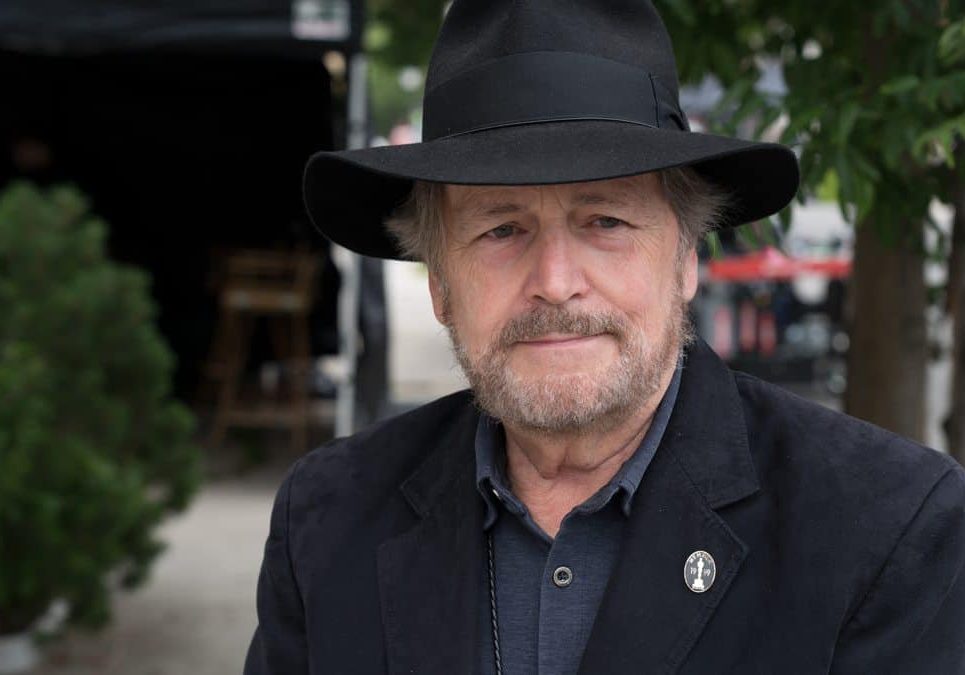
Community Spirit
Letter From America / Roy H Wagner ASC
Roy H. Wagner ASC HFRPS says that when the chips are down, crew must be able to bond collectively together to say yes or no to a production’s demands.
I’m old enough to remember six-day weeks at the Hollywood Studios. That’s the way it was. Amidst asbestos-lined stages and grueling conditions, with little or no observance of personal health, crews worked as many hours as management dictated. At wrap there were no turnarounds.
That generation worked in a culture with few, if any, rules to protect against seven-days-a-week sweatshop servitude. When the studios began to recognize the skills of filmmaking craftsmen and artists they offered guaranteed employment with long-term contracts, ensuring loyalty to the company.
Filmmakers built a very small colony of like-minded artisans whose background was barely one step above carnies or gypsies. They were accustomed to very hard work without complaint. To complain or alter working conditions would have immediately negated a lifetime of employment.
By the time I started in the 1960s much of the battle between studios and production had been settled. We had clearly defined rules, healthcare, turnarounds, night premiums, double time, golden and even double golden time.
Alas, that didn’t trickle down from the unions to those of us outside of the system just getting our start. Like the early film colony we were happy to be considered up-and-comers – we were all very young and enthusiastic. We were making movies. So who cared about when lunch arrived or how long you worked. We were going to live forever.
My early years were totally regulated by the director. The schedules were seldom adhered to. Lunch came when the cast or director felt hungry and then it was often fast food.
Not only did we function as the director of photography, we operated our own cameras and, on occasion, set up and shaded our own lighting. The hours were never less than 14 hours, often 21 hours. I never left the camera. How romantic! When I finally got my big break I knew it had to be better and yet I discovered the basic principal, “take it or leave it”.
I was so eager to please and honour those who had patiently taught me, “If you can work fast, cheap and do beautiful work you will never be out of a job.” Sadly, the faster I worked the more production would add onto the schedule. Save money? Your next project would have even less budget for what you needed. Whatever you could do, the person they were considering to replace you could do it for less. Less equipment, less time, less money and so much better personality.
"The crew and I were fired because we were too slow and I refused payment until my crew be paid the same because they had the same reasonable expectation to continue with me. That night I received a call from an unknown voice saying, 'You’ll never work again.'"
- Roy H Wagner ASC
My first television series was incredibly demanding. The star was in make up for six hours every day. The scripts were generally riddled with poetic transitional 1/8 to 1/4 page scenes. Miles of cable into abandoned buildings.
When I arrived one morning to one of those abandoned buildings, covered with decaying lead based paint, I was met by the producers who demanded that I force my crew to go to work. The crew was refusing to enter the location because of the safety conditions and the fact that a vagrant had fallen through an unexposed crumbling floor to his death a week before. I thought I was so smart. I had previously stood up for my crew under unsafe conditions and nearly gotten fired. This time I was going to be a more reasoned partner. After a brief conversation with my crew I turned to the producers and told them, “I’m not management. I cannot force any member of the crew to do something they feel is unsafe. If they believe it’s unsafe, I believe we should wrap, unless you can have a certified safety officer inspect the building and assure them of the conditions.”
That next day the crew and I were fired because we were too slow. I was paid my guarantee for 13 episodes. I refused payment until my crew be paid the same because they had the same reasonable expectation to continue with me. That night I received a call from an unknown voice saying, “You’ll never work again.”
Nine months later my crew and I were paid. My agent was called and told that if I wanted to be “for the crew”, that I might find it harder to find work. Although I respect production’s needs, I must hope they also hired me because they respected my opinion as a senior team member. If I see unsafe conditions or faulty work practices they must understand I’m protecting them as much as I’m protecting every member of our team. Fortunately I’ve never stopped working.
With the hundreds of studio executives and production managers I’ve worked with over the last 50 years I’ve never met one who wants the crew to work more than 12 hours. It occurs when above-the-line costs skyrocket and the demands for higher quality, or more work, require that we face our conscience, or technical skills, and see if we can solve the problems. A bad production plan is production’s problem until we say “Yes”.
I understand that we’ve developed an every person for themselves attitude, but I have ultimately reasoned that management hopes that we quietly protect them with the quality of our professionalism. That is defined with much more than just the artistry of our images.
What then is the answer? Are we to become like those who came before us - that band of filmmakers, much like carnies, who stuck together amidst whatever adversity?
I’ve fought for reasonable hours, safety and working conditions for 50 years and yet, frankly, it’s not about department heads. The least amongst us must bond together and reason that amidst unity, by just saying “No”, we might help raise our children, sustain relationships with our partners, even save life, and be stronger, more valuable members of the international filmmaking community if we work as a community.
